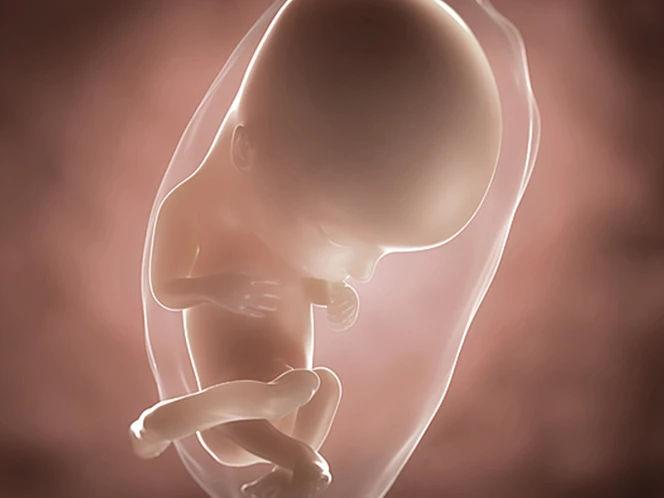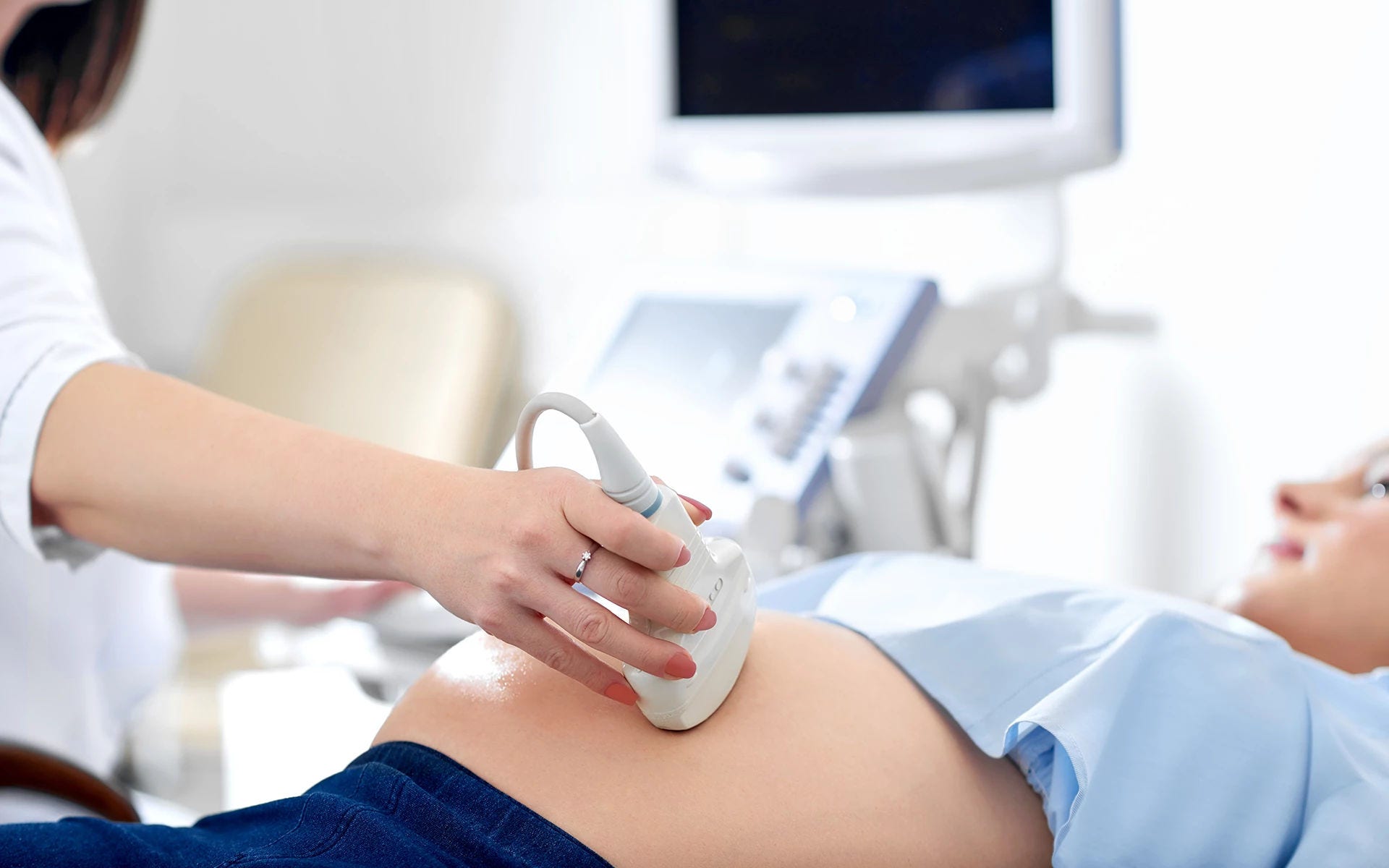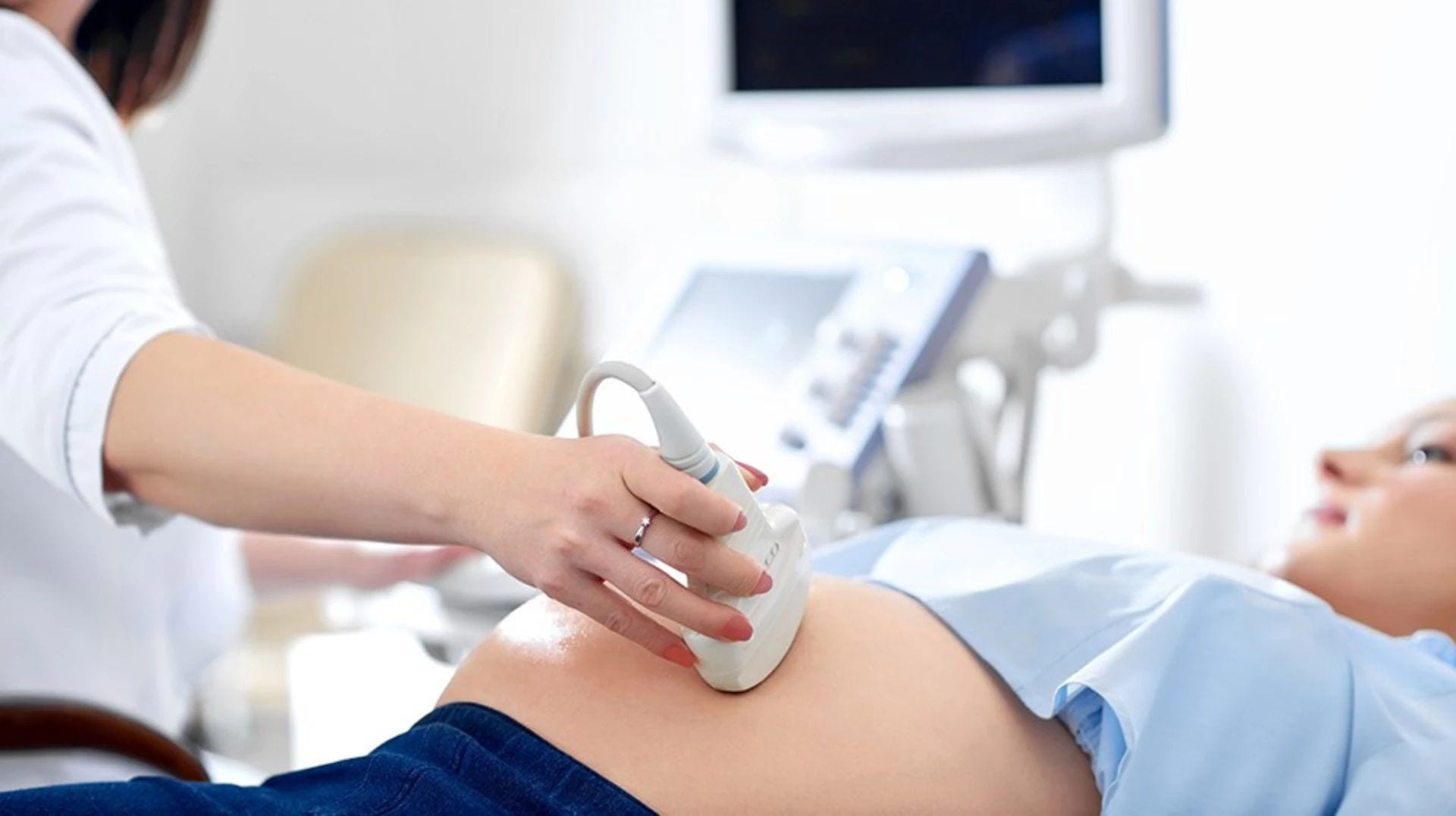At 12 weeks pregnant, you’re about to enter your second trimester. Around about now, like many pregnant women, you might find that some of the unpleasant symptoms of pregnancy start to ease, and you’re feeling a little more energetic1.
As for your baby, their rapid development continues as they focus on getting bigger.
Let’s look a little closer at your baby’s development, what’s happening for you and your body at 12 weeks pregnant, and the importance of omega-3 and omega-6 for a healthy pregnancy diet.










